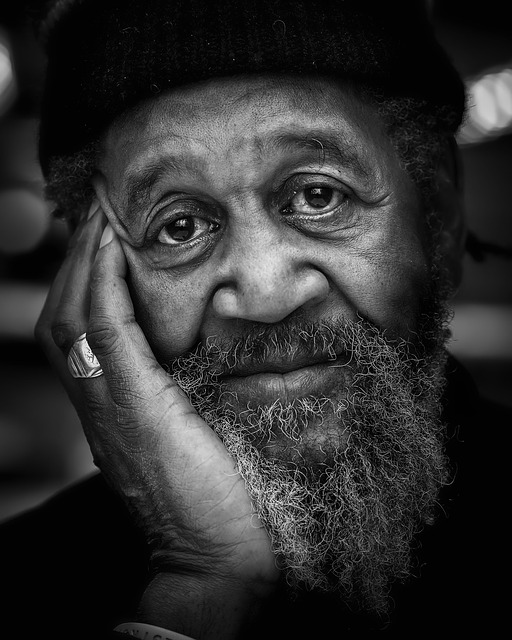In the United States, race once defined an individual’s level of freedom, including where they could enter, sit, and eat. Today, with African Americans at a higher risk than White Americans for obesity, high blood pressure, stroke, and heart disease, race also defines the quality of healthcare, making health disparities in African Americans the true silent killer.
Statistics from the American Heart Association and Center for Disease Control and Prevention acknowledges the prevalence of cardiovascular diseases in African Americans. However, the link between race and health are obscured, and there is not much conversation dedicated to eliminating the socioeconomic and cultural barriers that make African Americans a target for death by disease.
So the question is what should we as healthcare professionals implement to address socioeconomic and cultural barriers that contribute to the healthcare disparities in African Americans and other minority populations? Should we continue to research different treatment regimens that can improve the overall health of African Americans and other minority groups? Or should we continue to educate these populations through traditional patient education? The Answer is No! In order for us to get something that we have never had, that means we have to do something that we have never done. The solution to this issue must extend beyond medicine, and instead be addressed by community leaders, community health providers, and minority healthcare professionals so race can be a category and not a barrier to quality healthcare.
There is undoubtedly a necessity to increase the level of cultural sensitivity among physicians, nurses, & other healthcare personnel; recognize unfavorable socioeconomic and cultural barriers as a preexisting condition; improve the community surrounding African Americans & other minority patients; and increase the number of minority healthcare workers. Implementing these actions will begin the process of closing the gap of socioeconomic and cultural barriers that contribute to the healthcare disparities in African Americans and other minority populations.
Resources:
http://www.cdc.gov/minorityhealth/chdireport.html
http://www.cdc.gov/minorityhealth/
http://www.heart.org/idc/groups/heart-public/@wcm/@hcm/@ml/documents/downloadable/ucm_429240.pdf
https://www.heart.org/idc/groups/heart-public/@wcm/@adv/documents/downloadable/ucm_473451.pdf
- Why Women in Healthcare Are An Endangered Species - September 25, 2016
- To Be or Not to Be - June 28, 2016
- GPS Navigation to Success - June 9, 2016



